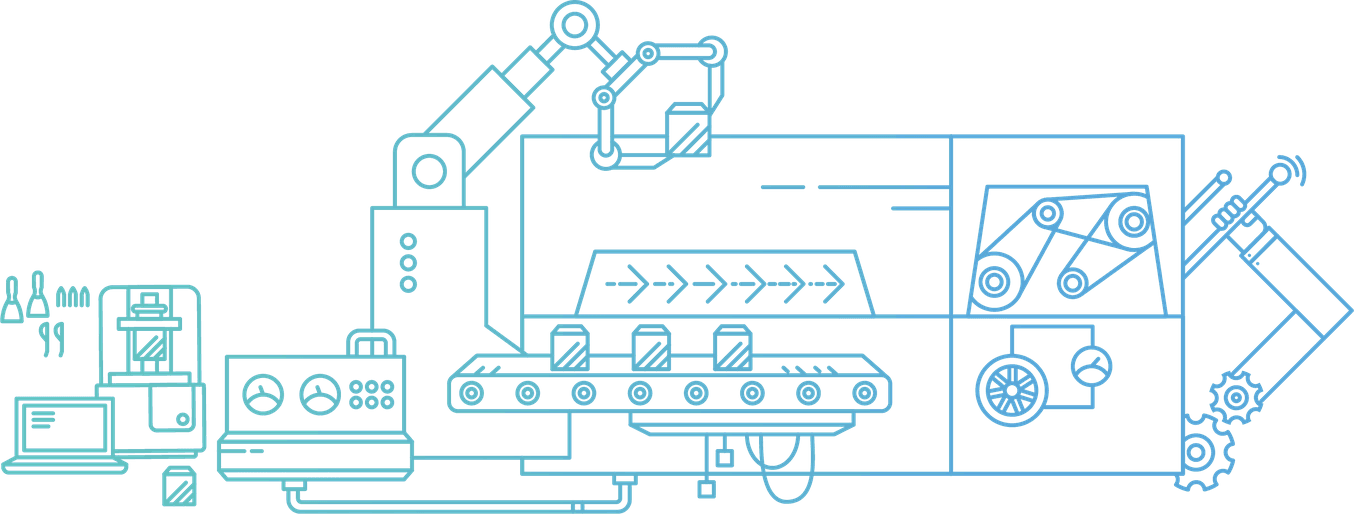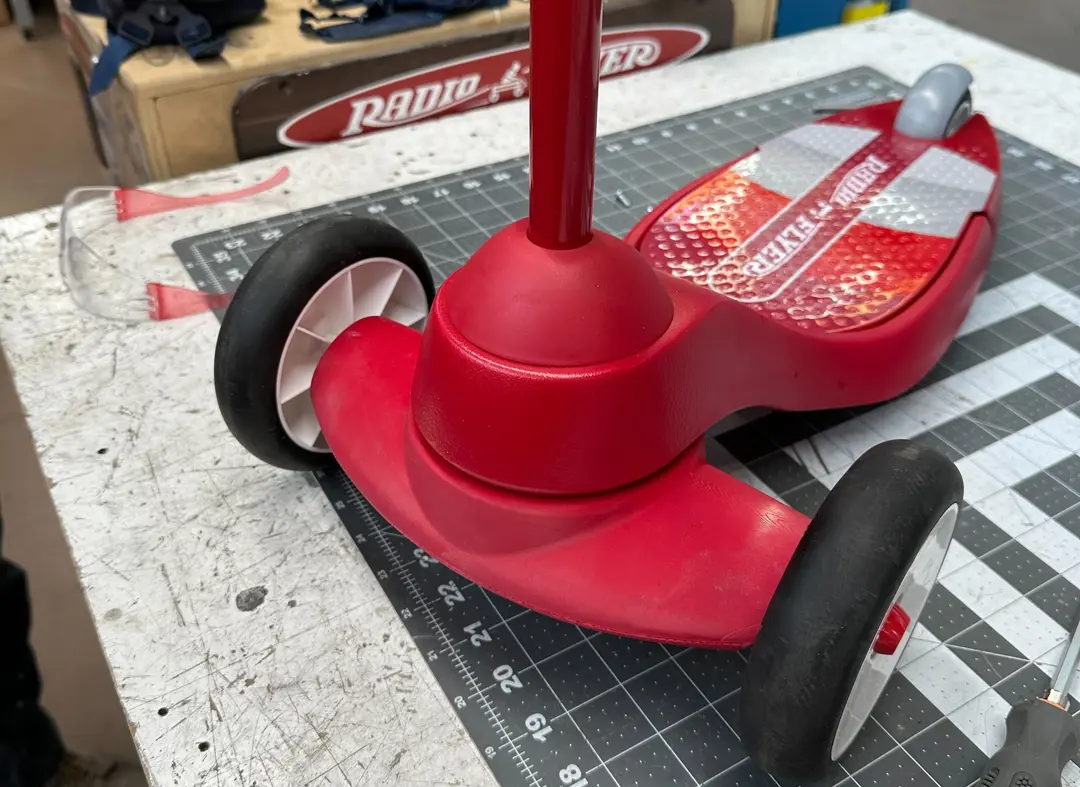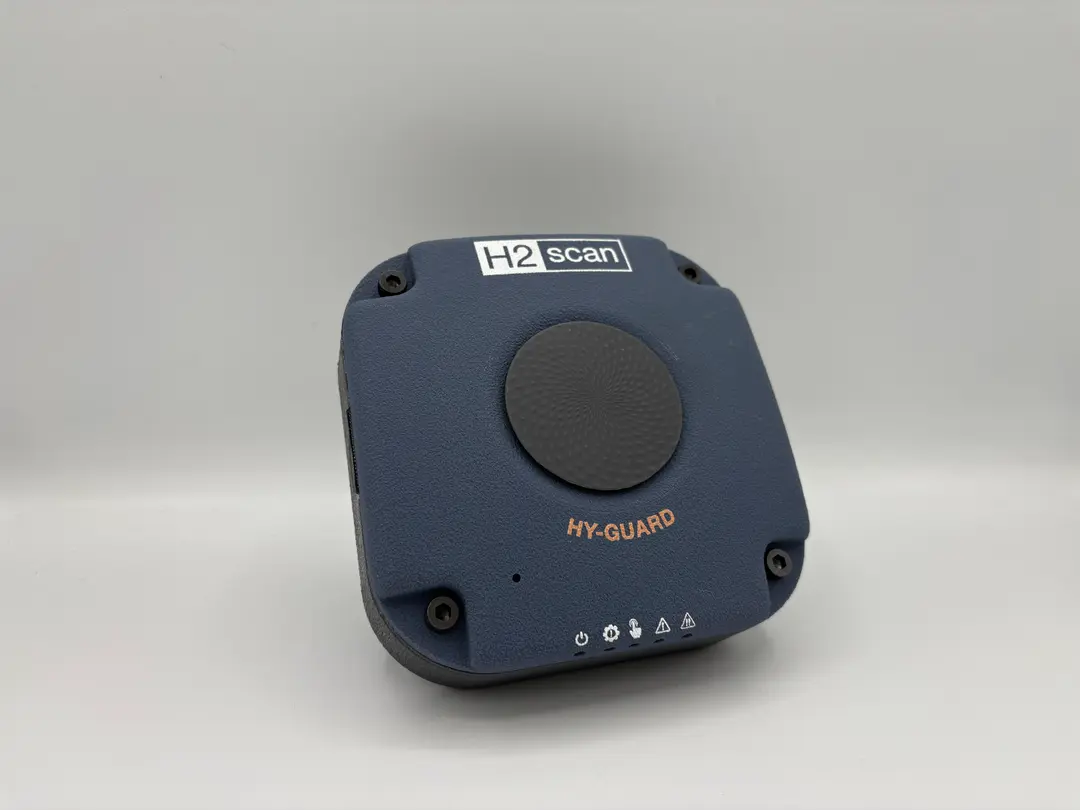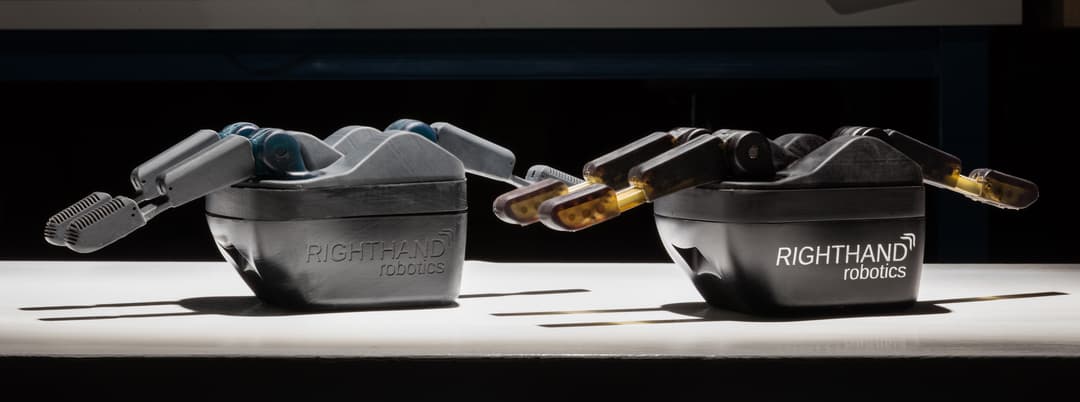The Digital Factory Podcast #9: 3D Printing for Railroads with Stefanie Brickwede

It’s hard to imagine an application for 3D printing that’s more complex or heavier-duty than keeping a railroad running, but Deutsche Bahn, Germany’s railroad operator and a global logistics player, is doing just that.
In episode 9 of the Digital Factory Podcast, we speak with Stefanie Brickwede, who runs the additive manufacturing program at Deutsche Bahn and founded Mobility Goes Additive. We discuss the company’s applications for 3D printing, how she’s approached cultural change around additive manufacturing within the organization, and what’s next for 3D printing in the rail, automotive, and air transport industries.
Stefanie Brickwede is a keynote speaker at The Digital Factory Conference in Munich on May 14. Join executives and technical experts from companies like GE, BMW, Henkel, Carl Zeiss, Deloitte, EOS, HP, and SAP to learn strategies for digital transformation in manufacturing. Visit digitalfactory.xyz to see the program and register, and use the code PODCAST for a discount. Advance price ends on April 26!
Play the full podcast below to hear about:
- How Deutsche Bahn uses 3D printing to produce spare parts that meet strict safety regulations
- Why the company mostly outsources its 3D printing needs
- How the team introduced 3D printing, from getting stakeholder buy-in to training colleagues
- Subscribe to the podcast on iTunes
- Deutsche Bahn
- Mobility Goes Additive
- Jon Bruner on Twitter
- Formlabs on Twitter
Keeping the Trains Running With 3D Printing
On Maintenance, Spare Parts, and Obsolescence
“We don't do any prototypes because we're not a manufacturer. We're a maintainer, so we focus on spare parts, which we can't get anymore on the market. We solve our obsolescence problems with additive manufacturing.
We run a lot of trains that are 40 or 50 years old, and also infrastructure that is much, much older. You can imagine that it's hard to get any spare parts right away, and we wait for some spare parts for up to two years. If we can reduce this time to a couple of weeks or even months using additive manufacturing, it's a very, very good solution.”
Why Deutsche Bahn Mostly Outsources Additive
“Since we use a lot of different materials and technologies, we would have to make a huge investment if we want to do [3D printing] ourselves. You need a lot of knowledge to run those machines. Since we've already identified a lot of parts, we can't really do it efficiently without a huge park of machines, so we rely on service bureaus. We focus on identifying the perfect use cases within rail, and the service bureaus bring in their expertise for printing those parts.”
On Creating a Company Culture of 3D Printing
“You need the commitment of management, of course. We have the commitment of our board. But you need a lot of communication, and also training. Not only training of the engineers; you also have to train procurement colleagues because usually they compare the costs of additive manufacturing to costs of milling, molding, and so on, and this is, at the moment, a bit unfair because usually additive manufacturing loses if you compare both.”
“If you want to introduce additive manufacturing, I always say it's more a change management project than a technology project.”

What’s Next for 3D Printing
“What I'm really excited about is that so many new technologies come up, and they promise to be much cheaper. Costs will decrease, and this really gives hope to the whole industry. There's a very interesting study, published by the ING Bank from the Netherlands, with different scenarios. One scenario says that in 2040, 50 percent of all parts worldwide will be printable. Of course, we can discuss whether there's going to be 50, 30, 40 percent, but the potential is huge, and we have to prepare now to get the full potential.”
More Lessons from Manufacturing Innovators
The Digital Factory Conference is coming to Munich on May 14! Visit The Digital Factory website for an archive of talks, podcasts, and more from experts at the forefront of digital manufacturing, and to register to attend our next event.
The Digital Factory Podcast is hosted by Jon Bruner, produced by Alyce Currier, and edited by Inky Stainsworth.


